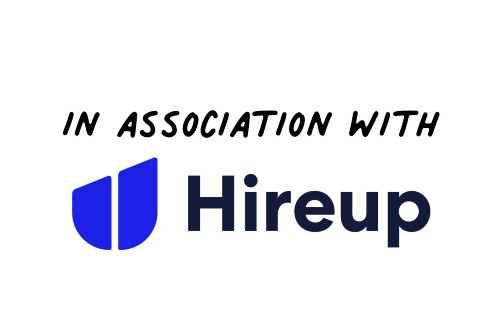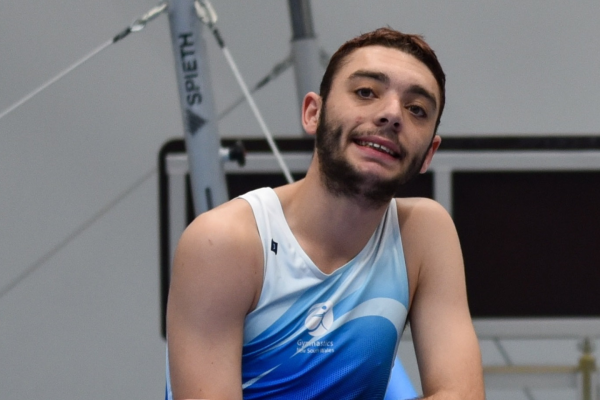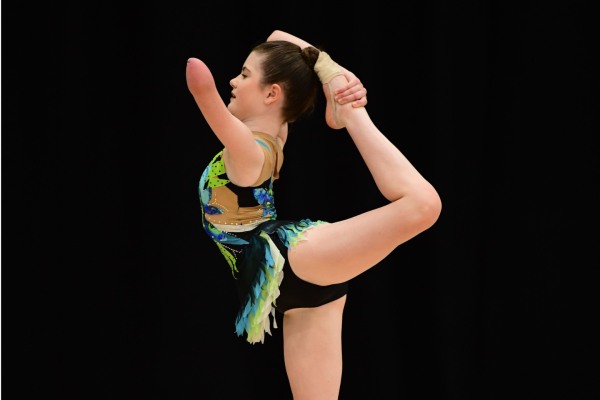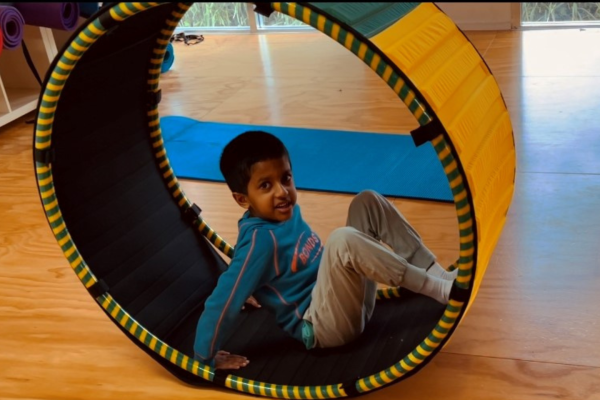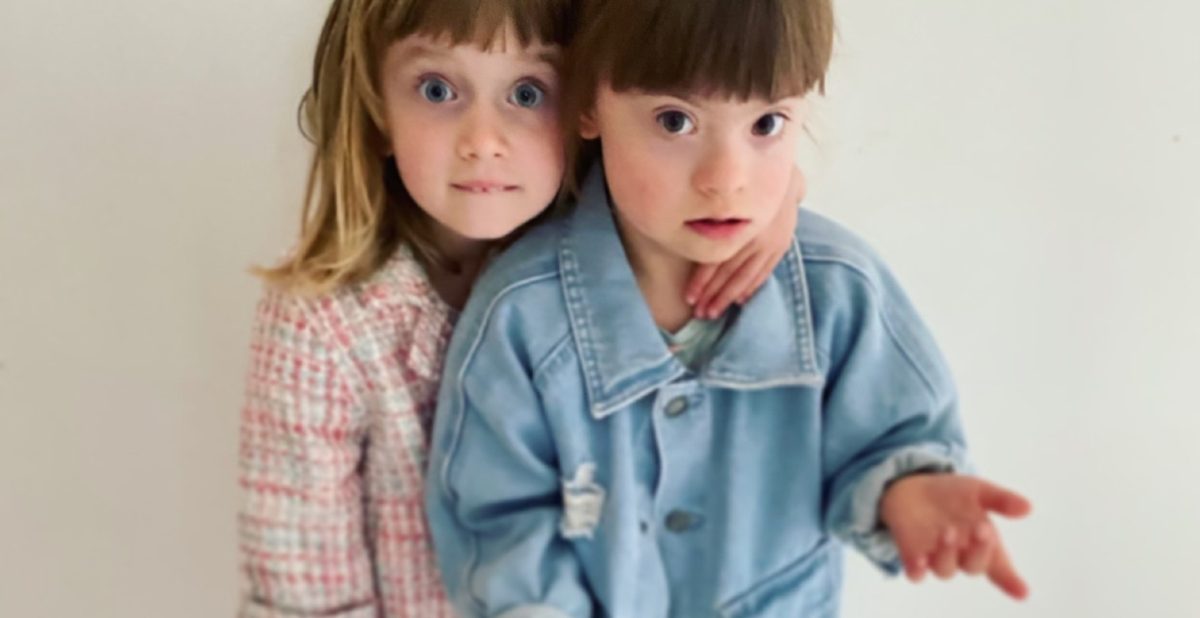
Life after lockdown for disability families
An opinion piece by Melanie Dimmitt
I had mixed emotions around emerging from lockdown. As a parent to a son with cerebral palsy, a condition that makes him more vulnerable to the effects of any virus, my thoughts were swimming in a heady cocktail of, ‘Cripes, let’s get the heck back to normal’, and ‘Are you kidding me? We can’t “live with” a virus that could kill my child!’
‘Freedom day’ came and my family didn’t make any sudden moves. My partner and I slowly slotted both of our children back into their preschools and held our breath, waiting for cases to spread from the city to our regional town. They haven’t, apparently, as yet. In our small patch of the world, ‘living with Covid’ hasn’t been a disaster, but could this be the calm before the storm?
Uncertainty loves company, so I called on a couple of other parents raising kids with disability to see how they’re navigating life after lockdown. One of those parents is Ingerlise Svaleng, a Sydney-based mother of two young daughters, Maia and Lola. Maia has Down syndrome, a condition that sees her joining my son, Arlo, in the ‘high-risk’ club for Covid.
“I’m a bit wary because my daughter has a lower immune system, but at the same time, I’m so excited for the world to get back on its feet and to be able to see friends and family,” says Ingerlise, whose family is largely based overseas.
“It’s a real give and take. We don’t ever want to hide away in fear of anything, including a virus, but this year did show me that sometimes stepping out of the busy pace of life gives us more. We’ve literally spent the year trekking the national park in our backyard and, as hard and sad as lockdown was, the timeout in nature was incredible for all of us.”
Under medical advice, six-year-old Maia attended preschool for some of Sydney’s lockdown period. “Our doctor actually said that she would be better off in preschool than at home,” says Ingerlise. “There were only a couple of kids there, and the quiet and slower pace was incredible for her development. She really came out of her shell. The girl started talking in sentences, which is incredible.”
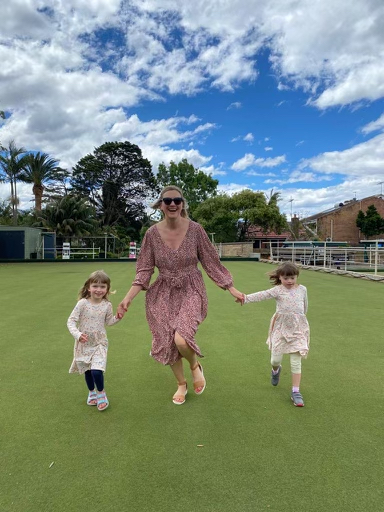
One thing’s for sure – none of us have come out of lockdown the same as we went in. There’s been a monumental shift in how we socialise, work and and live our lives. For those of us whose kids rely heavily on routines and regularity, carving out a ‘new normal’ can be all the more challenging.
Briana Blackett, also in Sydney, is a sole parent to Freddy, 12, and 14-year-old Max, who are both on the autism spectrum. “They were out of school for the majority of lockdown,” says Brianna. “A couple of weeks before the end, I sent Max back in for two days a week, because he just wasn’t coping with being at home the whole time. I think our whole family unit was getting really close to falling over the edge, to be honest with you.”

Up until then, Brianna managed working from home – and homeschooling her two sons – with the help of her team of Hireup disability support workers.
“I became quite sick in lockdown, because I just became exhausted,” says Brianna. “Max had stopped sleeping, so he was up all night, and Freddy would get up at the crack of dawn. If we didn’t have our team coming in and helping with their personal care, we wouldn’t have coped. I couldn’t have done learning from home for two kids, so one of our support workers became the other teacher. Our team was an invaluable part of our success as a family in surviving lockdown.”
Once restrictions were lifted, Brianna’s first outing with her sons was to the doctor, to get their Covid vaccinations. To prepare for this experience, Brianna created a “Covid kit” at home. “We got little cotton buds and swabbed each other’s arms, to practise,” she says. The trio used meat skewers as makeshift needles. “We pretended to stab each other with the meat skewers and then we put Band-Aids on each other – hilarious!”
Practice, as they say, makes perfect. When it came to the real deal, Freddy and Max knew exactly what to expect from the Covid jab itself. “What I didn’t anticipate was the fact that being in the open space again was going to be an issue for Max, who has a lot of sensory issues,” says Brianna. “We ended up running late because a lot of confidence was lost. So we are learning to be back in the community.”
Brianna’s boys were fortunately eligible for the Covid jab. For kids aged under 12, like my Arlo and Igerlise’s Maia, it’s hopefully only a matter of weeks before they can access this protection.
“I’m looking forward to Maia being able to be vaccinated,” says Ingerlise who, like Brianna, pulled in professional support during lockdown. “Our support worker, Jorja, is also Maia’s swim teacher. One day when we were in the pool, before everything shut down, she came up to me and said, have I seen Maia on Hireup? So we hired her as our support worker. Both during lockdown and especially now, with things reopened, Jorja has helped Maia enjoy life and access everything our local community has to offer.”
Brianna, too, has continued to rely on her support workers post-lockdown. “We need that second, or sometimes third, pair of hands depending on what it is that we’re doing and the risk involved,” she says. “Especially as we’re trying to re-teach the kids how to be out in public again, it’s important to have that support. The kids are getting to access the world in a way that they couldn’t if we did not have the support.”
Both families’ time in lockdown came with silver linings – like Maia’s new social and speech skills, and the convenience of telehealth for Brianna and her boys. “I hope that never goes away,” says Brianna, adding that prior to the pandemic, she had to pack up and bring both her kids to the doctor for something as simple as updating a script. “There are certain things that came out of lockdown that really assist with me raising kids with disability – things that we didn’t have access to before.”
My family has also benefited from the bulk of Arlo’s therapy and specialist appointments shifting to telehealth. This is what allowed us to move out of the city, to a community where we’ve found more space, much-needed serenity and, as it would happen, our very own Hireup support worker, just up the road.
We can’t know what the future holds, post-lockdown or otherwise, but thankfully we can call for backup – and a break – while we’re finding our way.
If you’d like help in securing NDIS funds for support workers, you can schedule a free, no-strings-attached meet and greet with a Hireup Support Partner. Ready to find, hire and manage top-notch support workers for your child? Head to hireup.com.au.


